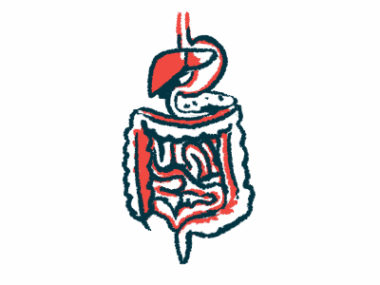Praxis gearing up to launch trial of relutrigine in Dravet, other DEEs
EMERALD is expected to enroll about 160 people, ages 2-65
Written by |

Praxis Precision Medicines is gearing up to launch a clinical trial of its experimental anti-seizure therapy relutrigine in people with Dravet syndrome and other disorders that cause seizures in childhood, collectively known as developmental and epileptic encephalopathies (DEEs).
According to a corporate presentation, the study, dubbed EMERALD, is expected to enroll about 160 people with DEEs. It will be open to patients, ages 2 to 65, with a diagnosis of Dravet syndrome or other types of DEEs in childhood. To be eligible, participants must have at least four motor seizures during a monthlong observation period before entering the study.
The participants will be randomly assigned to either a placebo or relutrigine at a daily dose of 1 mg/kg for 16 weeks. After 35 days, relutrigine’s daily dosage may be increased to 1.5 mg/kg. The main goal will be to see if relutrigine is better than a placebo at reducing the frequency of monthly motor seizures. Praxis said the study will start midyear.
Dravet syndrome is caused mainly by mutations in the SCN1A gene. Praxis is also conducting a clinical trial called EMBOLD that’s testing relutrigine in people with related DEEs caused by mutations in the SCN2A or SCN8A genes. Early data from EMBOLD indicate the therapy is generally well tolerated and reduces seizure frequency.
High hopes for relutrigine
Top-line results from EMBOLD are expected in early 2026 and Praxis hopes to use them to seek relutrigine’s approval for DEEs caused by SCN2A or SCN8A mutations. If the findings from EMERALD are positive, the company hopes to ask that the therapy be approved for other DEEs.
“The registrational cohort of the EMBOLD study is recruiting strongly and is on track for topline results no later than the first half of 2026 and we will soon initiate the registrational EMERALD study to investigate relutrigine more broadly in DEEs,” Marcio Souza, president and CEO of Praxis, said in a company press release.
Dravet and many other DEEs caused by genetic mutations are marked by the abnormal activity of sodium channels, which are a kind of protein that helps control nerve cell electrical activity. Abnormal sodium channel activity causes nerves to be overactive, which is thought to lead to seizures.
Relutrigine is intended to modulate sodium channel activity to reduce this abnormal nerve activity and reduce seizure frequency regardless of the type of DEE . The therapy has shown promising anti-seizure effects in preclinical models of several DEEs.
“Targeting the root cause of DEE symptomology allows for broad use of relutrigine not seen in other therapies before,” the company stated in its corporate presentation.
Relutrigine was recently granted rare pediatric disease status by the U.S. Food and Drug Administration. This designation is intended to provide incentives for companies developing treatments that seek to improve care for rare diseases that mainly affect children.






